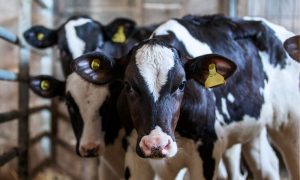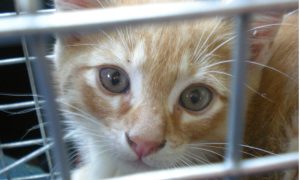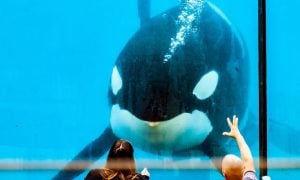Even in the ocean, grandmothers can play a significant role in the survival of their grandchildren. A new study published December 9 in the journal Proceedings of the National Academy of Sciences found that orca calves are more likely to survive when their grandmothers are present.
Scientists have long wondered why female orcas are one of the few species to experience menopause. Female orcas often stop reproducing at around 40 but can live until 90. Orcas travel in family groups of dozens of members and operate in a matriarchal structure. The findings of this study suggest it is so grandmothers can help rear their grandchildren.
University of York’s Dan Franks, an evolutionary ecologist and senior author of the study, studied pods in the Pacific Northwest and found that calves have a greater chance of survival when their grandmothers are with them because the senior whales can help forage for food, watch them while their parent is hunting, teach them skills, and even share food when it is scarce. This chance increases when the grandmother is post-menopausal because she has more time to devote to grandchildren.
If a grandmother passes, the risk of death for her grandchildren increases rapidly over the next two years. The study also found that her presence impacts her grandchildren’s survival even into adulthood.
The 40 years of information gathered regarding birth, death, population of orca’s primary food source, the chinook salmon, support these conclusions, although the data suggests that the grandmothers are even more important for calf survival when the salmon population declines. As orcas are endangered in North America, this grandmother effect is essential when resources are scarce and could prove useful in conservation efforts.
Franks says, “[A killer whale grandmother’s] greater knowledge and their leadership, especially when times are hard, are helping calves.”
“We know that they are leading their family group around foraging grounds, especially in times of need, and we know they share their salmon catches with their young relatives.”
Franks says, “This study is one of many that are a warning of the danger to these whales if salmon populations are continued to be mismanaged.”
“When the salmon are not doing well, the killer whales do not do well, and there is very little time left to take action.”






